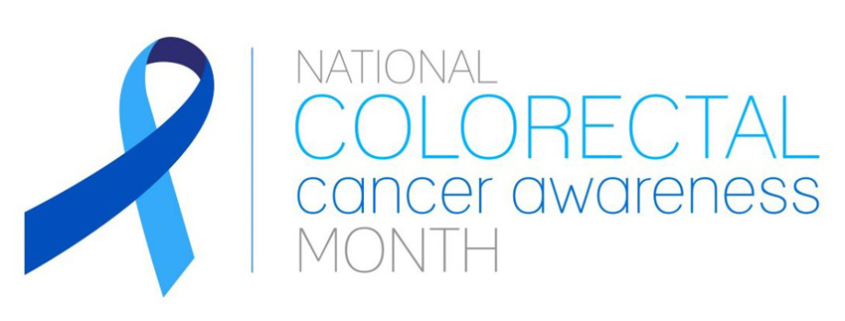Colorectal Cancer Screening: When should you test?
Learn which test you should get based on your current risk factors for colorectal cancer.
Average Risk
If you’ve never had colorectal polyps or cancer, begin screening at age 50. Note: Screening is suggested beginning at age 45 for African Americans. Some experts recommend screening beginning at age 45 for all people at average risk.
Recommended Tests
Preferred Tests
- Colonoscopy every 10 years*
- Annual Fecal Immunochemical Test
Other Options
- FIT-fecal DNA (Cologuard) every 3 years
- CT colonography every 5 years
- Flexible sigmoidoscopy every 5-10 years
*Colonoscopy is the best test for finding precancerous polyps
*Colonoscopy is the only test that allows for removal of precancerous polyps during the exam.
*Colonoscopy is the only test recommended at 10 year intervals.
*When any test other than colonoscopy is used and is positive, a colonoscopy must be performed to follow up.
If You have a family history of colon cancer
If you have a family history of colon polyps or cancer a colonoscopy may be recommended at age 40 or younger.
Recommended Tests
Colonoscopy is the only test recommended for many individuals with a family history of colon polyps or colon cancer. Depending upon the details of your family history, colonoscopy may be recommended beginning at age 40 or younger. Talk to your doctor about the details of your family history.
History of colon polyps or cancer
If you’ve ever had colorectal polyps or cancer further follow-up is done with colonoscopy.
Recommended Tests
Colonoscopy is the only test established as safe and effective for polyp follow-up.
Your colonoscopy doctor will recommend how often you should repeat colonoscopy based on:
- The number and size of your precancerous polyps
- The type of precancerous polyps as reported by the pathologist
- How your polyps were removed
- Or, if you have had colon cancer, the details of your cancer diagnosis and treatment
For more information visit www.screen4coloncancer.org



